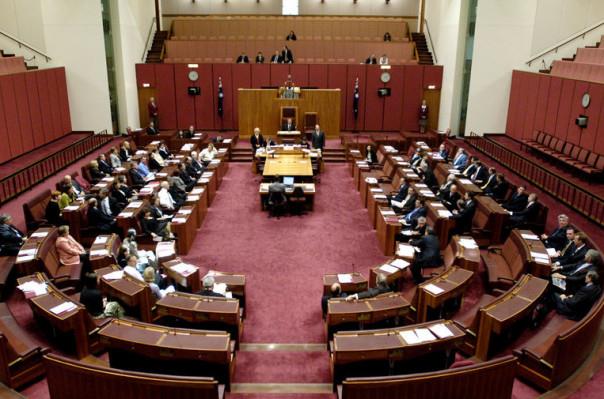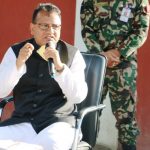10 August, Canberra: The Australian Senate on Wednesday rejected a bill which would have resulted in a plebiscite – or public vote – to decide the future of same sex marriage in Australia.
The legislation was introduced by the government, but was voted down by the Labor opposition, the Greens and Nick Xenophon Team (NXT), who claimed the plebiscite, at more than 120 million Australian dollars (95 million U.S. dollars), was an expensive waste of time, calling for a free vote in Parliament to decide the issue.
Earlier this week, the government said if the bill was voted down in the Senate, then a voluntary non-binding postal vote would occur – also at a cost of almost 100 million U.S. dollars.
Because a postal vote is not required to pass through the Parliament, it will be going ahead from September, Prime Minister Malcolm Turnbull said.
In voting down the plebiscite bill, deputy opposition leader Tanya Plibersek wondered why the government was content in spending so much money on a non-binding vote, which would still go to Parliament even if the people vote “yes.”
“Is the prime minister aware that the 122 million Australian dollars (96.1 million U.S. dollars) that he is wasting on his voluntary, non-binding postal plebiscite could instead fund over 1,800 aged care places, or support over 2.7 million bulk-billed (doctor visits)?” Plibersek asked the prime minister.
Turnbull said in response that he was merely following through on his promise taken to the last federal election, which was the plebiscite.
“The government is giving every Australian a say on the issue of marriage, because we promised to do so, at the election, and we keep our promises,” the prime minister said.
While the voluntary non-binding postal vote will not require approval from the Parliament, the government has one more hurdle to avoid: same-sex marriage advocates and independent MP Andrew Wilkie have said they would challenge the misuse of public money.
Speaking at Parliament House on Wednesday, Wilkie said it was “frightening” that the government was attempting to “bypass the parliament and somehow authorize the expenditure of more than 100 million Australian dollars of taxpayer funds.”
“This is a democracy, this is a country governed by the rule of law,” he said.
According to the government, the Australian Bureau of Statistics (ABS) will take care of the postal vote process with ballot papers to be sent to all enrolled Australians next month.
Voters will have until Nov. 7 to return their papers, with a result – which would be non-binding in the Parliament – to be determined by Nov. 25. Xinhua






